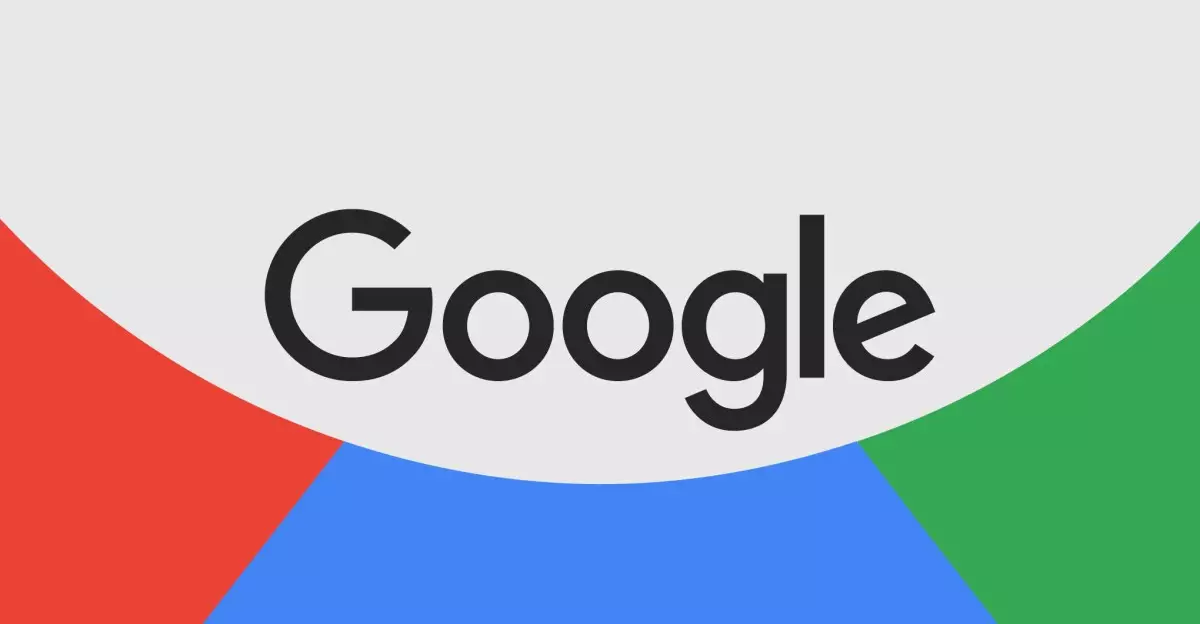The recent decision by Google to restrict the visibility of non-public holidays and cultural observances on Google Calendar has ignited a wave of backlash from users. With events like Pride Month, Black History Month, and Indigenous Peoples Month being relegated to the background, many are questioning the implications of this change both for representation and inclusivity. This article delves into the reasons behind Google’s controversial decision and the reactions it has provoked among its user base.
In a move that seems to prioritize simplicity over diversity, Google has reverted to displaying only default entries for public holidays and national observances. This switch, bolstered by a statement from a Google spokesperson, asserts that while the company had previously highlighted a broader array of cultural moments, managing these entries proved to be unsustainable. According to Google, this change was made with the intention of streamlining the user experience—but the ramifications have raised serious concerns.
User Reactions and Backlash
The reaction from Google Calendar users has been decidedly negative. Social media platforms have seen an influx of outraged comments, branding the decision as “shameful.” One user went as far as to criticize the company for appearing to ‘capitulate to fascism,’ a statement that illustrates the deep feelings of betrayal among those who rely on Google Calendar for inclusivity. The absence of significant cultural observances from the default calendar raises questions about Google’s commitment to representation, especially in an era when many companies are striving to promote diversity and inclusion.
Understanding Google’s Rationale
While Google’s explanation hinges on logistical challenges associated with maintaining a diverse array of cultural observances, the timing of this decision raises eyebrows. Critics argue that the company is backpedaling from a commitment to highlight important cultural moments, essentially opting for a more sanitized calendar. By restricting celebratory observances to user-added entries, Google is sending a message that minority voices are less important, which could ultimately alienate significant segments of their user base.
This backlash against Google serves as a reminder that technology companies play a vital role in shaping social norms and cultural awareness. A calendar is more than just a tool for organizing dates; it reflects the values and priorities of its creators. By removing visibility for culturally significant events, Google risks fostering a narrative that diminishes the importance of these observances. In an increasingly globalized world where understanding cultural histories is paramount, companies like Google have a responsibility to represent all voices—not just the dominant ones.
The recent shift in Google Calendar’s policy to exclude certain cultural observances has sparked outrage and debate over the importance of inclusivity in technology. As users demand a marketplace that values diversity, Google finds itself at a crossroads. If the company wishes to maintain its role as a leader in tech innovation, it must consider carefully how its decisions resonate with a diverse global audience. The future of Google Calendar’s functionality will hinge on the ability to balance user experience with a commitment to cultural representation, a challenge that may define its history in the years to come.

